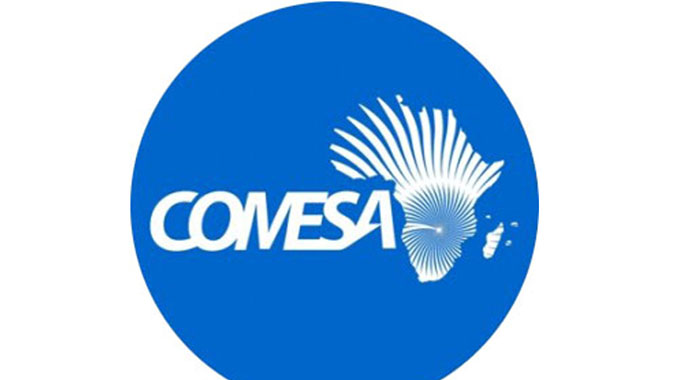Comesa in regional integration drive

Elita Chikwati in MAHE, Seychelles
The liberalisation of air services by Comesa member states will strengthen regional connectivity and boost economic growth and development over the region, experts have said.
Air transport can connect markets, facilitate tourism and trade, and enable local firms to link with regional and global supply chains, so the more points that are connected to each other, and the more frequent the flights, the more air transport will be doing what it can do.
There have been concerns over the delays by member states to liberalise aviation services due to lack of information regarding the impacts and potential benefits of enacting or implementing such liberalisation.
Aviation in Africa is yet to fully realise benefits, as the development and growth of air transport has been hampered by several factors, including political considerations, market fragmentation and restrictive policies, especially relating to bilateral air service agreements.
Presenting at a three-day media training and familiarisation workshop on Support to the Air Transport Sector Development programme and the Enhancement of Governance and Enabling Environment in the ICT Sector being hosted by Comesa Secretariat in Seychelles, experts said enhancing air connectivity could help in raising productivity by encouraging investment and innovation and improving business operations and efficiency.
Opening up air space could also contribute towards social well-being of the people, supporting jobs, providing aid and relief, supporting access to education and healthcare, and providing opportunities for learning.
Seychelles director general of regional integration department on foreign affairs, Mr Christian Faure, said a single unified air transport would benefit the region.
“We are looking at strengthening the inter-regional connectivity for our capitals,” he said. “Having a single unified air transport market gives an added impetus to the continent’s economic integration agenda in the Single African Air Transport Market.
“The programme is a key contributor to the African Union Agenda 63 performance goal number 10 which is ‘world class infrastructure across Africa’.”
Comesa senior transport economist-infrastructure and logistics division, Mr Bernard Dzawanda, said there was need to raise awareness to member states to effectively support implementation and sustainability of the programme.
“For the establishment of the Single African Air Transport Market result area number one is to support that activity and in establishing the single market there has to be conditions met in terms of equipment,” he said. “That is why result area number 3 talks about inter-operable equipment so that we can move without restrictions.”
The team for the development programme, Mr Adikiny Olwenge, said the liberalisation of the air service would make it easy for people to move within the region.
“If Africans can trade within themselves, the aircraft will be busy,” he said. “We export raw commodities to Europe and buy them back as finished products. The situation could be good if we took the goods to our best African destinations. There are a lot of benefits; regional and continental connectivity, economic development, jobs and social mobility.”
There was need to strengthen regulatory and institutional capacity of the civil aviation authorities.
Comesa is supporting member states in developing regulations that promote environmentally sustainable operations in terms of carbon emission and also to facilitate partnership. “We want to ensure regulations are the same to reduce delays and to enhance compliance with security. If security measures are not the same, there can be delays,” said Mr Olwenge.
Some of the issues that came out at the training included the need to address issues of exorbitant local air fares.
In 1999, the Yamoussoukro Decision was adopted to promote a Pan-African aviation landscape where African cities would seamlessly be connected by air to support and promote Africa’s integration, prosperity and unity.
As part of the African Union Agenda 2063, the single air transport market project was launched in 2018 to give fresh impetus to the goal of liberalising air transport across Africa and to fully implement the Yamoussoukro Decision.
So far, 35 African Union member States have signed the solemn commitment to establish and implement this single market.










Comments